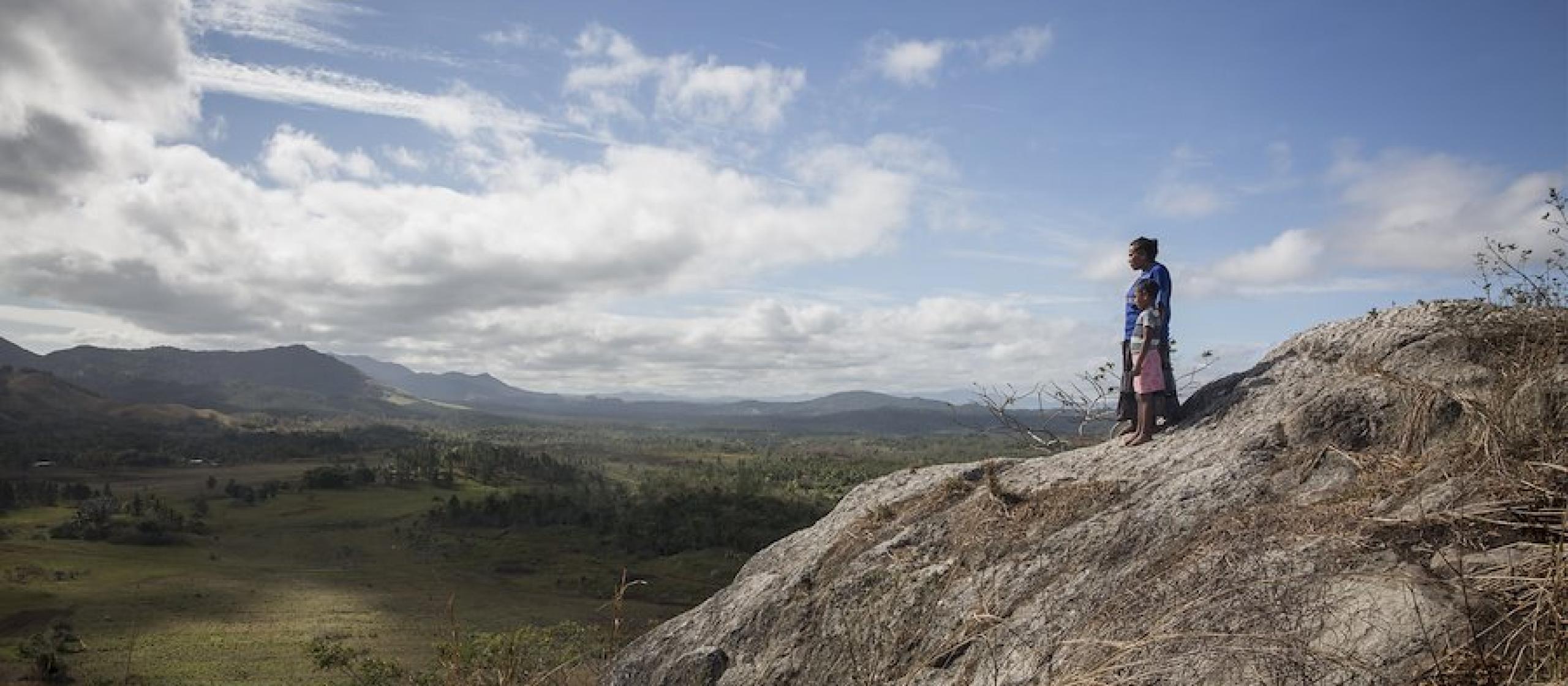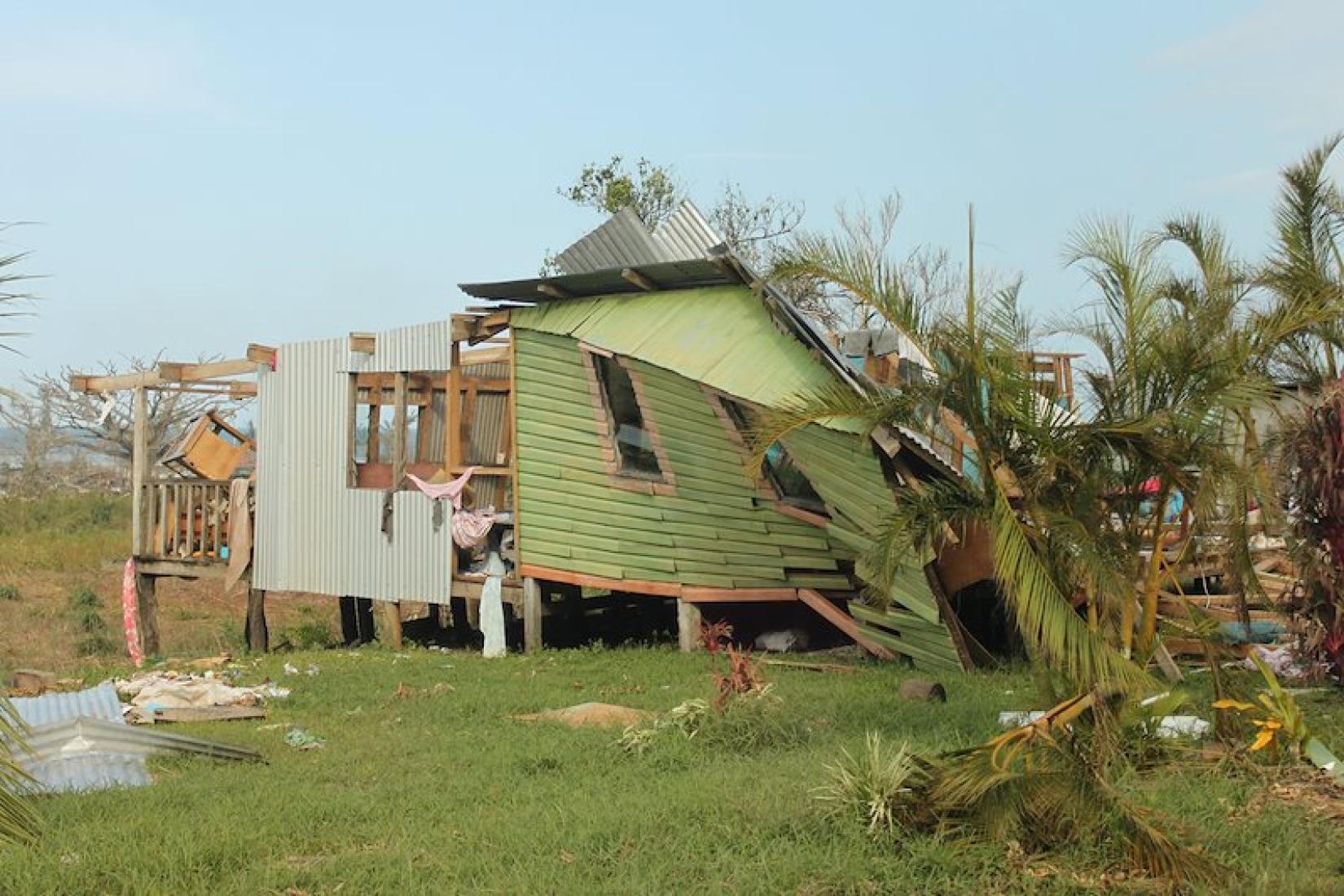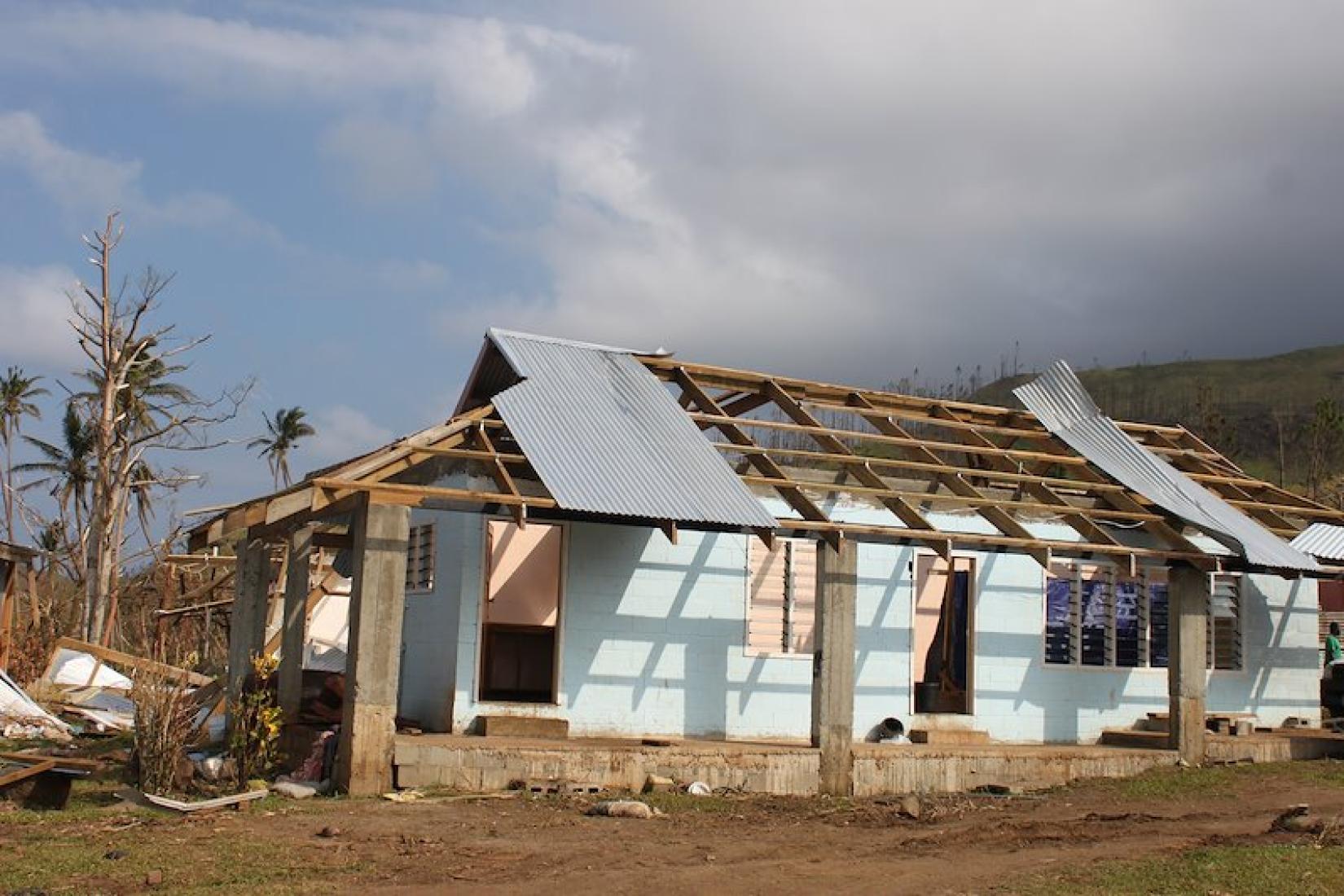Exactly how the impacts of climate change will unfold remain unclear, partly due to uncertainty in climate model projections, but also because the impacts of climate change are jointly determined by vulnerability of at-risk communities to climate events.
So how can we progress our understanding of the interrelated dynamics between human economies and societies, agriculture and the natural environment? An ACIAR project investigating the management of natural resources and livelihood activities under climate stressors aims to provide an understanding to this question.
Through using a landscape approach, this project has developed solutions to better manage trade-offs between securing agricultural outputs, protecting ecosystems and meeting other development objectives, whilst seeking to provide technical solutions with a recognition of institutional and governance factors. Using the Environmental Livelihood Security (ELS) framework, an evaluation of how multifunctional agricultural landscapes can be managed to optimize sustainable and climate-resilient livelihood outcomes is being undertaken.
This ACIAR-funded research activity looked at how adopting a landscape approach as a means of managing the effects of a changing climate would help promote more sustainable agricultural systems. Findings recognised stakeholders (farmers and communities, local and national government, policy makers, non-government organisations, and private business) have differing agendas and objectives, whereby the adoption of a landscape approach to share experiences and encourage stakeholder collaboration could provide the basis for more effective agricultural management strategies.
Furthermore, it was identified that traditional knowledge has the ability to enhance a community‘s adaptive capacity. Traditional knowledge is often ignored or subordinated to contemporary scientific methods and findings, particularly in relation to challenges associated with recent climate change. Yet traditional knowledge can be key to informing climate change adaptation that is both locally specific and socially durable.
Lastly, the project recognised that participatory processes adopting geospatial approaches to harness community knowledge can provide a powerful platform for farmers to engage more effectively with landscape decision-making and policy.
The findings from this project provided the foundation for a larger-scale, four-year project recently commissioned by ACIAR. This research will build on implementing the ELS framework and through the combined use of participatory action and geospatial information, will trial the use of a platform application to collate and disseminate information – from and to multi-level stakeholders – to help inform future landscape management for climate resilience in Fiji and Tonga.
Words by ACIAR Graduate Research Officer Rebecca Cotton.





